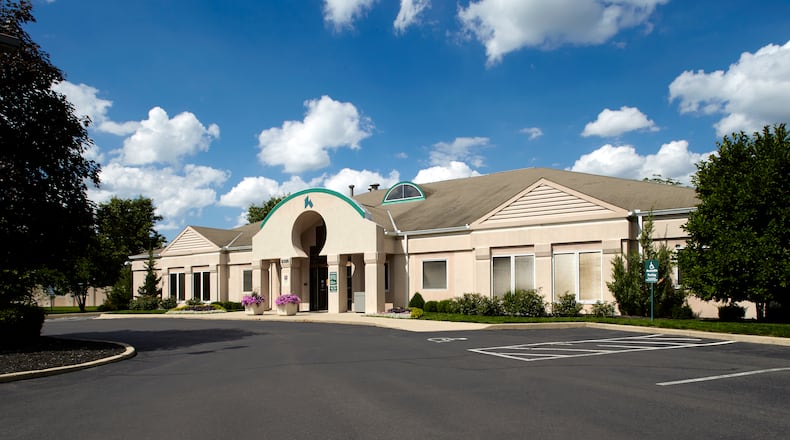“There’s a lot of folks, whether that be first responders or the community at-large, that experiences a traumatic incident and doesn’t really know how to deal with some of the things that they seen or that they heard or that they witnessed,” Julie Manuel, a Kettering Health clinical program manager, said.
The “turning point” for the Dayton community was 2019, when area first responders dealt with the aftermath of a tornadoes in May, a mass shooting in August and a multitude of other emergency events, according to Manuel.
Kettering Behavioral Medicine Center in Moraine is offering an intensive outpatient program that offers support for the mental health and well-being of emergency personnel.
The four-to-six week “After the Call” program includes nine to 12 hours per week of intensive group therapy and is open to police officers, firefighters, EMS/EMT, dispatchers, corrections officers and health care workers.
People in such fields experience what is known as cumulative trauma, a variety and multitude of traumas in their careers, according to Manuel.
“They may or may not deal with that right there on the spot, so we try to educate, try to talk a little bit about how that can impact them negatively down the road, how that can impact their careers, how that can impact their family,” Manuel told this news outlet.
Dayton Fire Chief Jeff Lykins said behavioral health needs for anyone in those areas “has really been under-served.”
“Largely there hasn’t been a lot of resources devoted to helping police and firefighters make sense of what they see on a daily basis,” Lykins said. “Part of that is our reluctance, as safety professionals, to ask for help. It has been viewed as a weakness to some and there’s a stigma associated with asking for help especially behavioral mental health.”
Manuel, citing a “What’s Killing Our Medics?” study, said up to 30 percent of first responders develop behavioral health conditions such as depression, anxiety, and post-traumatic stress.
In comparison, about 20 percent of the general population experiences those conditions.
In the past, many have viewed first responders as as a “superhero" type person who goes to work with nothing affecting them because of a “that’s-what-you-signed-up-for kind of mentality," Manuel said.
“I think it’s really difficult to maintain that kind of stance,” she said
Group sessions help participants reduce fears, anxieties and depression and process trauma with peers, Manuel said. They also help participants manage anger, guilt and shame and practice effective communication skills, she said.
Participants can also take part in individual and family counseling.
Kettering Health started assembling the program for first responders “with the realization that the stigma is very real" and that there are few first responders who actually reach out for health, Manuel said.
“We were trying to eliminate those barriers by providing a program specifically designed for them, that they can feel safe and (be in) a comforting environment that their peers are in the group with them,” she said.
.
Manuel said a soft launch of the program was held in March, but COVID-19 put it on the backburner until recent weeks “because telehealth was not necessarily the way we wanted to go with our first responders.”
A personal reflection is required to successfully graduate from the program. That helps a participant to share how this has positively impacted his or her life, Manuel said.
About the Author

